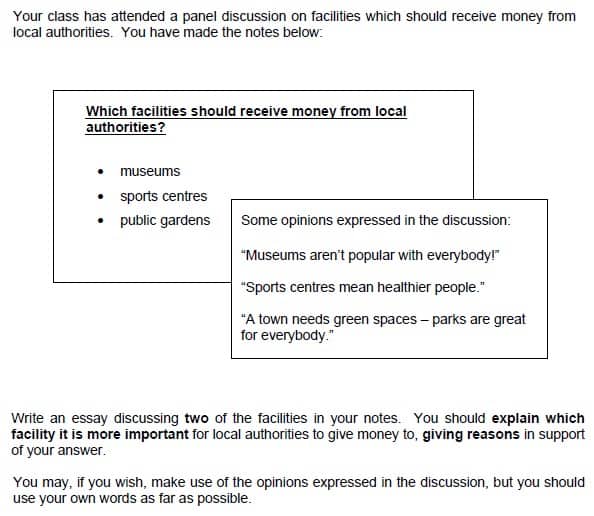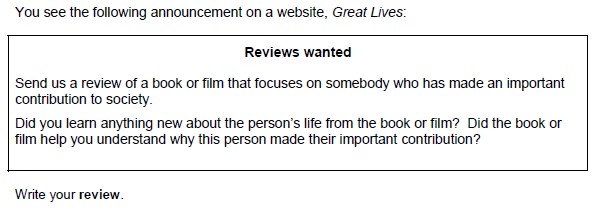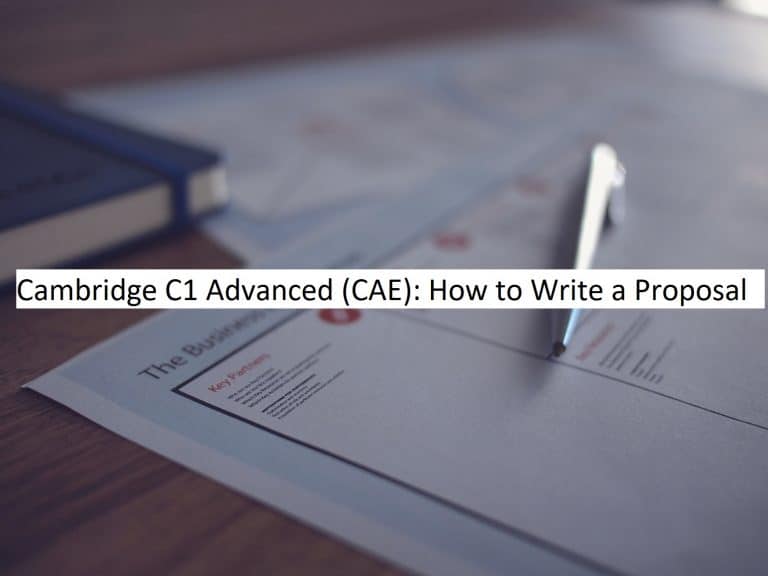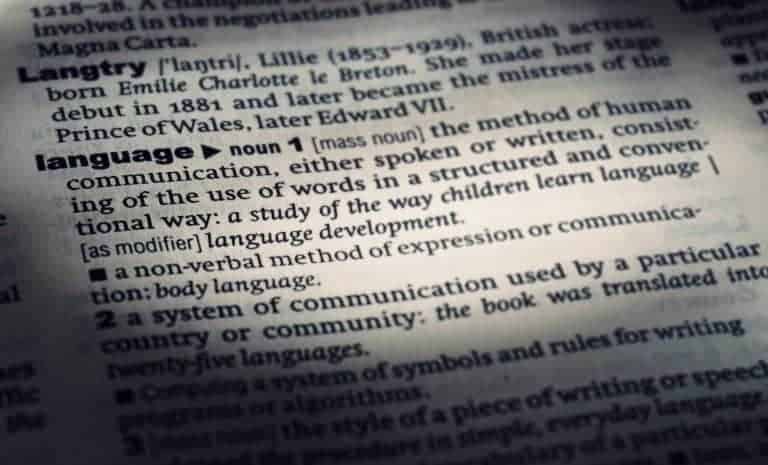Introduction
One of the more complicated things about C1 Advanced is definitely how your writing tasks are marked. I get this question asked a lot by my students, but the problem is that it is very difficult to explain the whole thing in just a minute or two. So I thought it would be a good idea to put everything in writing for you. This way you get all the information you need, you can revisit this post whenever you want and you will better understand how you can make your texts in CAE stand out and gain great marks.
When the examiners look at your writings, there are four main criteria under which they are marked:
- Content (fully answering the task)
- Communicative Achievement (clear ideas, formal/informal English, tone of language, conventions of specific task types)
- Organisation (text structure, coherence, cohesion)
- Language (grammar and vocabulary)
Each of these different scales is scored out of 5 so you can get a maximum of 20 marks per text. As there are two texts, the total maximum is 40 marks.
The four different marking scales
After looking at the very basics we need to get into more detail because the four marking scales in C1 Advanced look at very different and specific aspects of your writing abilities. Only if you are able to show a high level in all four, you will get good marks so let’s check what exactly each scale means.
Content
First of all, you need to look at content in order to understand how the writing exam works. Here, the examiner checks if you actually did what the task asked you to do, if you answered the task completely and if the reader is fully informed.
Because this sounds a little bit abstract, an example might help.

This is what an essay writing task could look like. Luckily, in this one the important points are already highlighted for you and there are four things you have to cover in order to score high marks.
- You must answer the question in the box on the left.
- You must discuss two of the three points given in the box on the left.
- You must explain which of the two facilities is more important.
- You must support your arguments with reasons and examples.
All of this might sound easy to do, but I often see that students forget about one or the other of these points and lose valuable marks on the Content scale.
In conclusion, always answer and include all the things that are asked in the task and support your arguments with reasons and examples if you want to score higher marks.
Communicative Achievement
This scale is a little bit trickier than Content because it is not so obvious what you need to do if you want to get a good score. Communicative Achievement includes all the things that are necessary to communicate your ideas the right way. Did you choose the most appropriate register (formal vs neutral vs informal)? Does your text have the right structure and layout? Did you communicate your ideas clearly? Did you hold the reader’s attention or is you text difficult to follow?
For all of this, you need to analyse who is going to read your text as the reader dictates many of the things mentioned above. Below there are two more examples to show you what I mean.

In the proposal writing task above you are asked to write to your town council in order to save a historic building from being demolished. The council includes local politicians and possibly even the mayor. Ask yourself what the right tone would be in a situation like that. Would you write an informal text as you would to a friend or would it be formal as if your boss or headmaster at school was about to read it? I guess it isn’t too difficult for you to answer that question. Formal language is the way to go here.

In the second example task you need to write a review and in this case the readers are the visitors of a website called Great Lives. Comparing it to the proposal from earlier, how formal or informal should your text be? Do these readers require the same level of formality or can you be a little bit more casual? I would say you can definitely be more neutral in tone while trying to engage the reader at the same time. After all, the people reading your review are regular people like you and not your superiors.
Another important point to consider before you even start writing is what a proposal looks like compared to a review. Do you need a title? Should you use subheadings, an introduction/conclusion, a greeting and/or salutation? All of these are key questions for you to ask yourself and only with practice will the answers come to you quickly and without much thought.
Last but not least, in Communicative Achievement the examiner also looks at your ability to communicate your ideas clearly and to hold the reader’s attention. When you read your text you should have the feeling that it is engaging and your arguments/ideas are clear and easy to understand for someone who might not know a lot about the topic.
To summarise, Communicative Achievement checks if you use an appropriate style/tone, the correct features like headings, introduction/conclusion, etc. as well as how well you communicate your ideas.
Organisation
Organisation, just like Communicative Achievement, is one of the more complex marking scales in C1 Advanced Writing. There are a lot of opportunities for you to score, but, at the same time, you can lose marks just as easily.
First of all, you always need to use paragraphs in your writing as this is the prime indicator for a separation of main ideas. For the different task types there are structures that vary slightly so you need to study all of them if you want to nail this one.

Looking back at our essay task from earlier we said that we need to discuss two of the ideas given in the box on the left so there are two paragraphs waiting to be written. On top of that, a good essay always comes with an introduction and a conclusion to round it off so we get to four paragraphs in total.
Make sure that you always think about this before you start writing. It can save you tons of time and set you up for success.
Apart from paragraphs you also have to show that you can put your ideas in a logical order and present them in a cohesive unit. To achieve this don’t mix up your ideas throughout the different parts of your text and you must include linking devices (linking expressions, relative clauses, conditionals, participle clauses, etc.) in your writing.
Once again, you need to study the different task types to learn about the most appropriate expressions and devices to use, but with experience this becomes easier.
Everything put together, Organisation tests your ability to present your writing in a logical way with paragraphs separating your main ideas and linking devices to connect your thoughts.
Language
Language is probably the most straightforward marking scale of the four. It assesses your use of grammar and vocabulary, how wide your range is and if your errors impede communication of your ideas.
Try to use vocabulary that is specific to the topic you are writing about, for example, a text about travelling requires different expressions than one about environmental issues. If you show the ability to tailor your language to the task at hand, high marks will follow.
As for the use of grammar, you must demonstrate good control and flexibility with common structures as well as some less common ones in order to show above-average skills.
Try to include some less common grammar and vocabulary when you practise to get used to being outside of your comfort zone when writing.
Writing is alright after all
Marking writing tasks in C1 Advanced is very complex and the examiners check many different aspects of your skills. You really have to show that you are good all around, but with the knowledge and the right tools you can achieve greatness. Find the areas in which you have room for improvement and start practising today.
I hope this article gives you more confidence and a better understanding of how your writing tasks should be structured and what you should include or avoid in your texts. As always, don’t wait until the last minute, but take a proactive approach to your preparations and get ready today!
Lots of love,
Teacher Phill 🙂







